Five First-class (1/c) cadets from the United States Coast Guard Academy (USCGA) recently completed a 4-week cybersecurity research and development internship at the Idaho National Laboratory sponsored by CESER.
Office of Cybersecurity, Energy Security, and Emergency Response
July 27, 2022Five First-class (1/c) cadets from the United States Coast Guard Academy (USCGA) recently completed a 4-week cybersecurity research and development internship at the Idaho National Laboratory sponsored by the Department of Energy's Office of Cybersecurity, Energy Security, and Emergency Response (CESER). The internships align interdisciplinary research programs to address national challenges and offer a unique opportunity to support both the CESER and Maritime Transportation System mission areas. For example, in 2020 the interns worked with the team focused on securing the nation’s critical infrastructure systems, researching and developing disruption scenarios for both natural gas and liquid pipelines.
This summer, the interns participated onsite at INL and studied two CESER programs: the Consequence-driven Cyber-informed Engineering (CCE) program and Cybersecurity for the Operational Technology Environment (CyOTE) program.
CESER sponsored Service Academy cadets for the first time in 2020 with remote internships due to the COVID-19 pandemic and was thrilled to be able to offer five students an in-person opportunity this year. Participating in this year’s program was Elise Birkhaeuser, studying Operations Research and Computer Analysis with CyOTE; Joram Stith, studying Cyber Systems with CCE; Noah Soto, studying Cyber Systems with CyOTE; Megan Roth, studying Mechanical Engineering with CyOTE; and Thomas Sellers, studying Mechanical Engineering with CCE.
Check out highlights from their experience below:
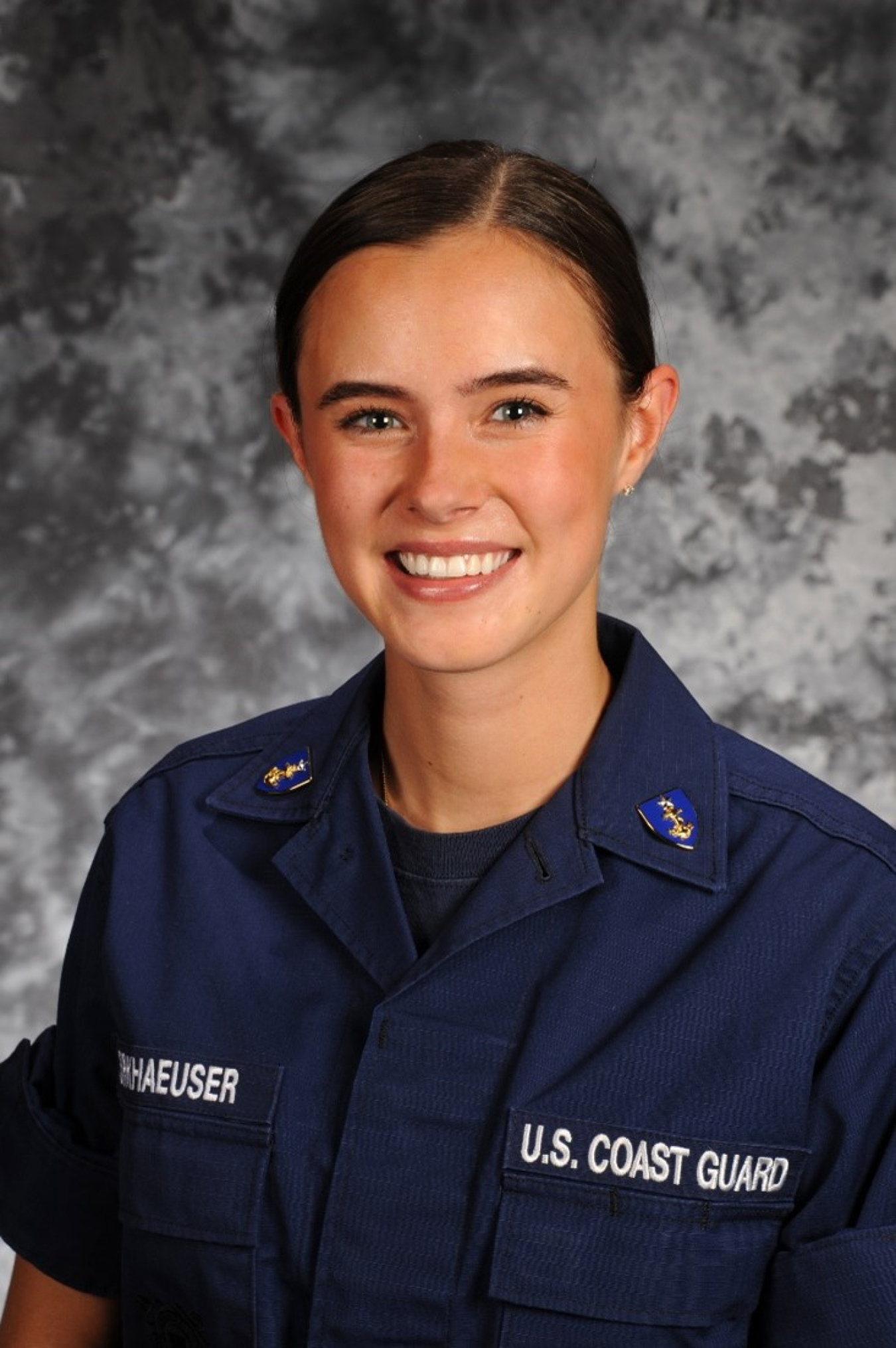
Idaho National Lab has allowed me to explore both my passion in data science and to acquire skills in a new field: cybersecurity. From working on attacks on machine learning algorithms to researching insider threats in the military, I am learning how to research technical fields and develop models. The people at the lab are of the highest quality, and I am so thankful for this opportunity.
My time interning at Idaho National Labs has grown my understanding of operational technology and its importance in cybersecurity. I've really enjoyed the hands-on focus of the internship and the opportunities to work with subject matter experts to learn real world applicable skills that I wouldn't get exposure to in school otherwise.
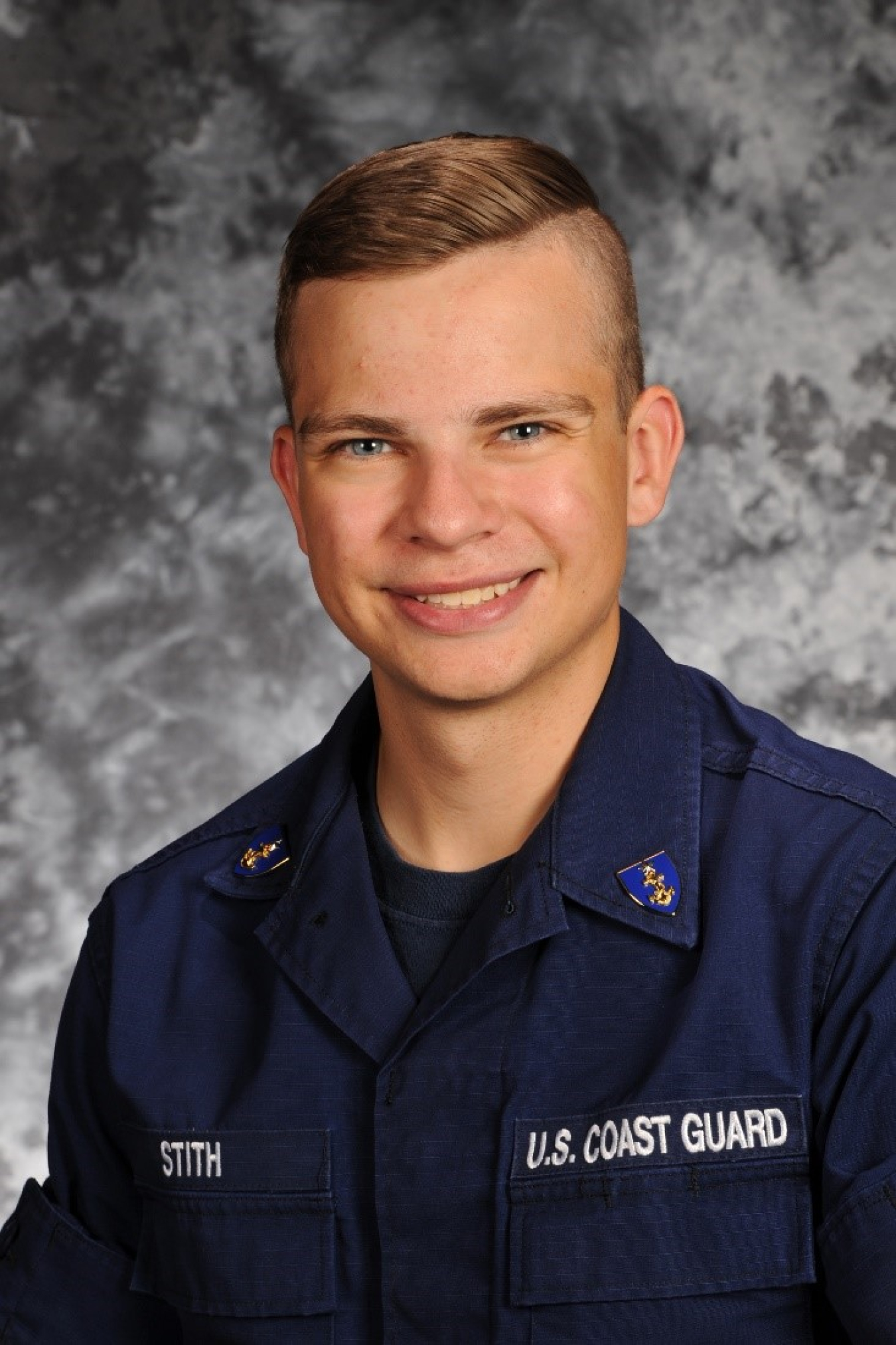
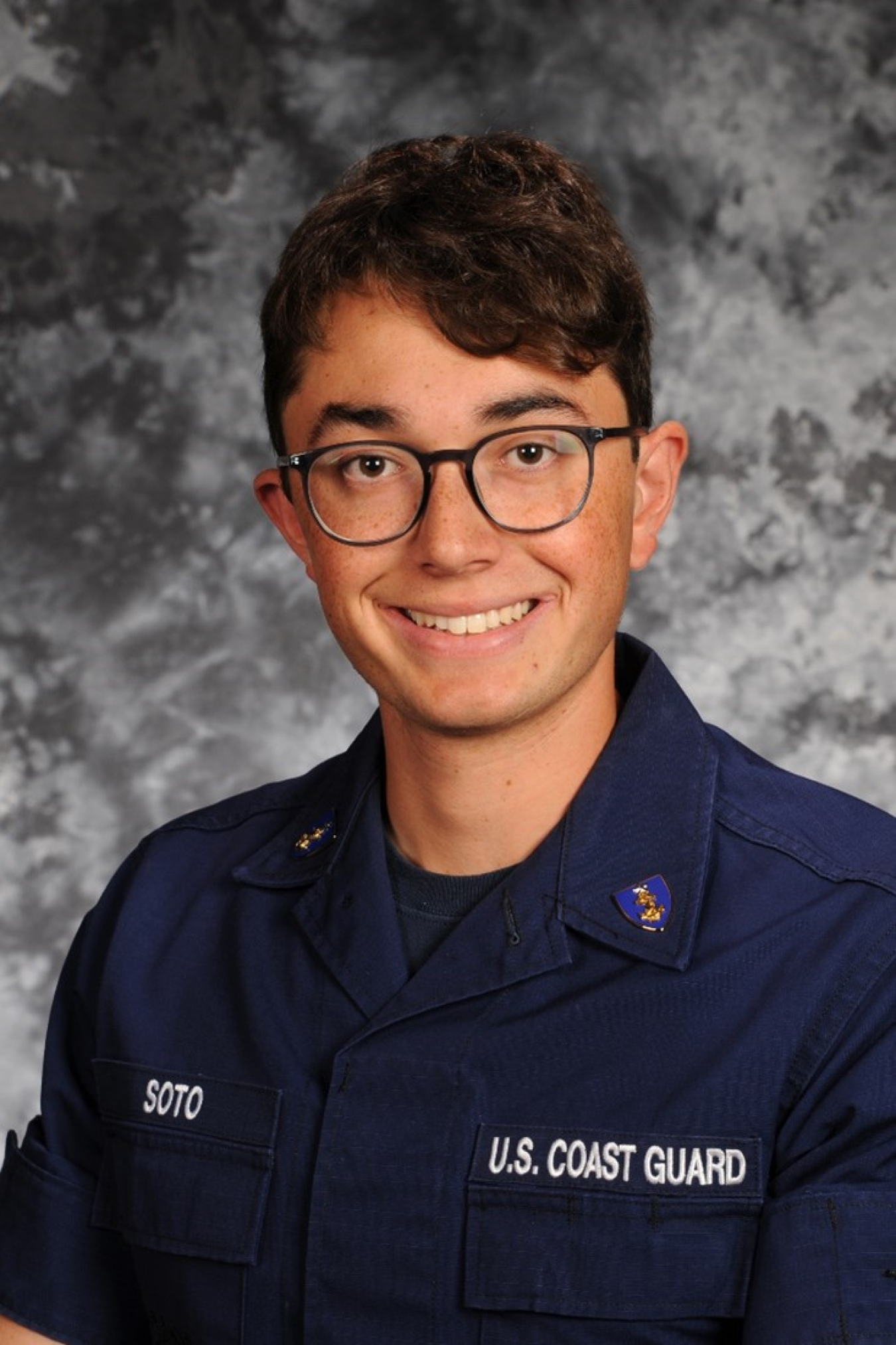
I have had the opportunity to get hands-on experience in a variety of different technical fields. Having the opportunity to work on projects that excite me and actually contribute to their progress is an amazing experience that I do not take for granted.
My internship at INL has allowed me to better understand and appreciate the connection between operational technology (OT) and information technology (IT). I'm working on a case study that teaches the process of applying Consequence Driven, Cyber-Informed Engineering to industrial systems such as an interstate natural gas pipeline. Learning how to assess what processes are critical to a system and figuring out how to better its defense and resiliency is important for my future in engineering, and I am excited to bring this way of thinking back to the Coast Guard.
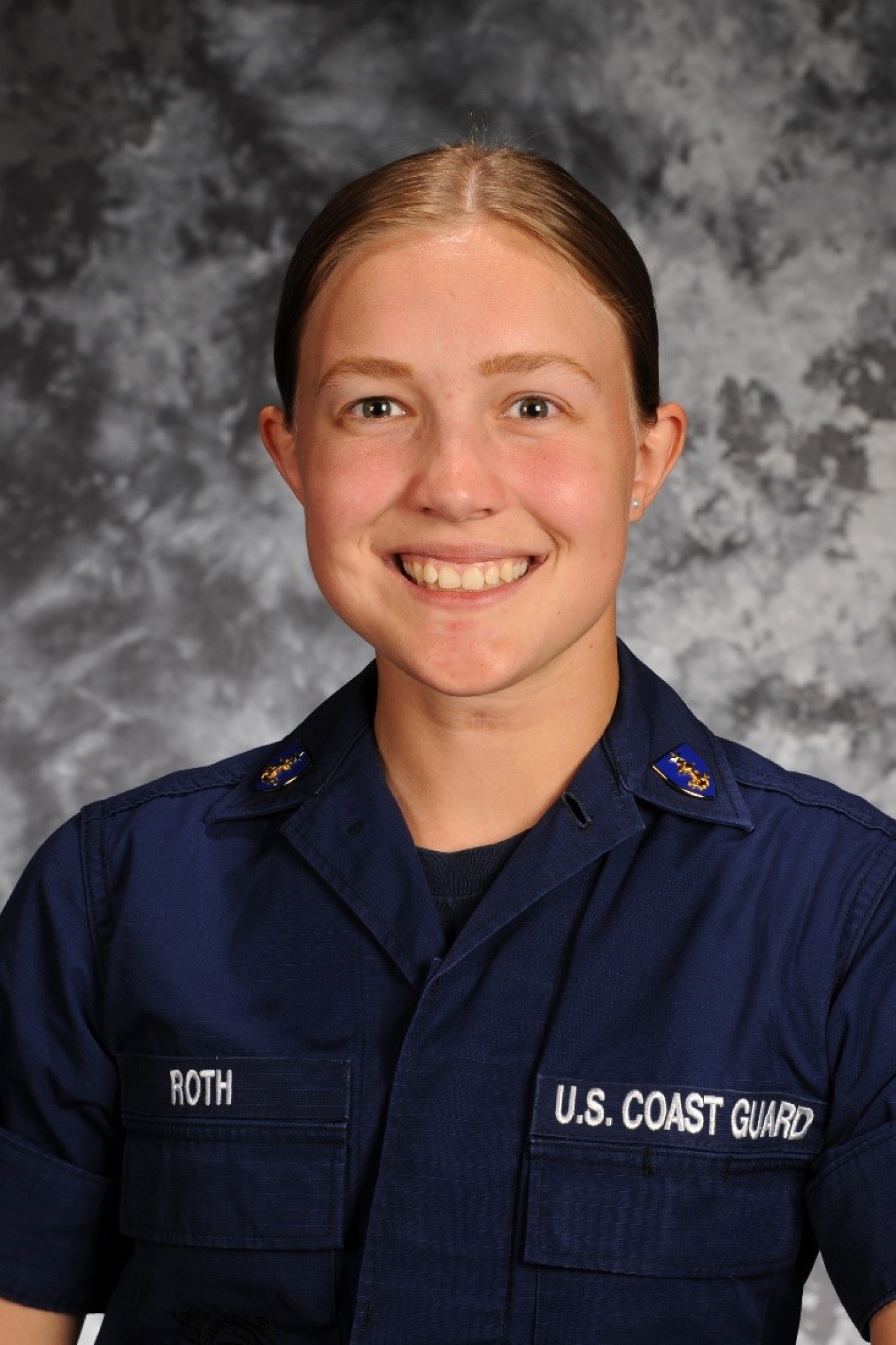
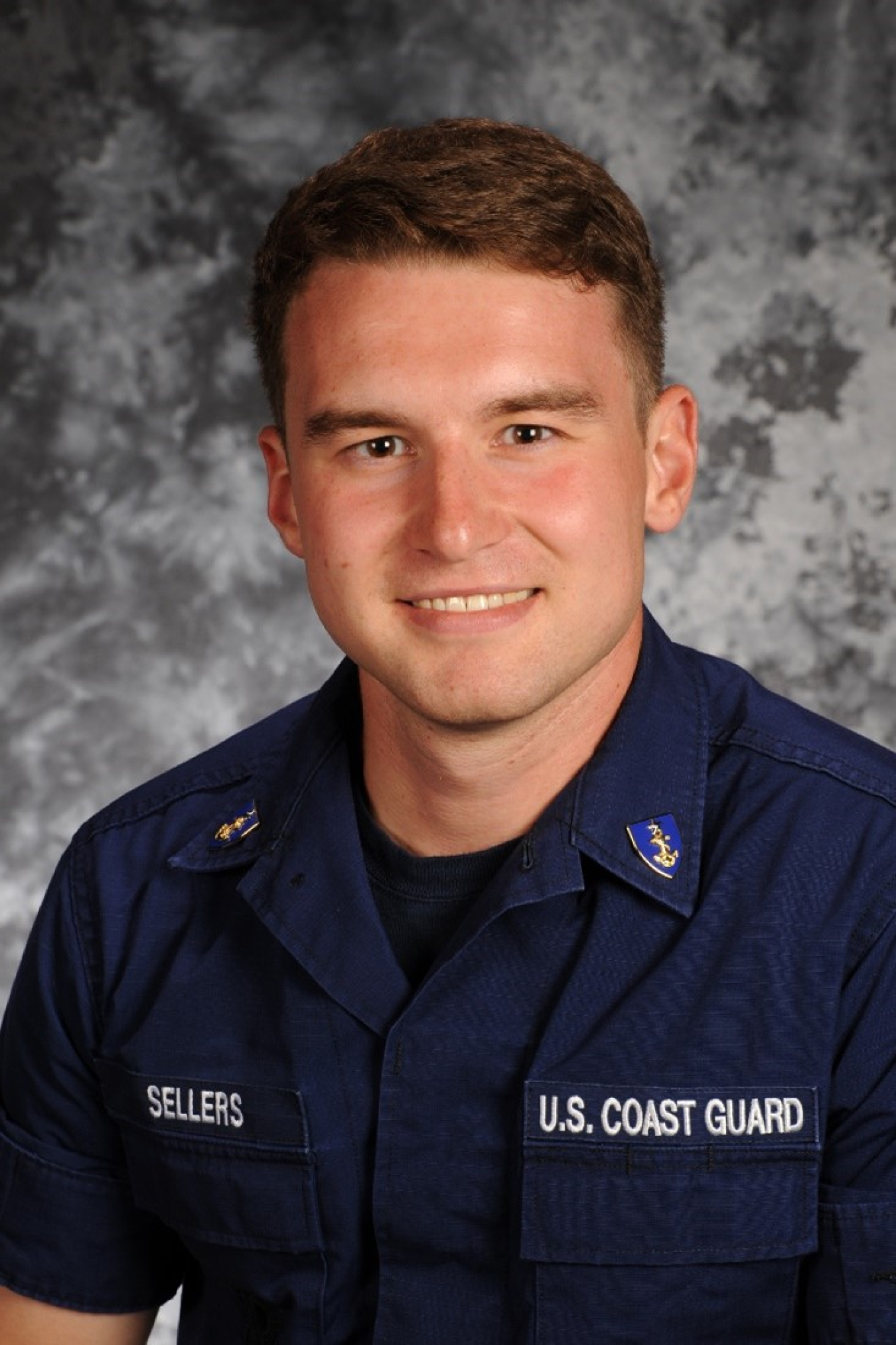
My time at INL has been very enriching. Every day I learn so much new substance regarding cybersecurity safeguards, detection, and protection techniques; how to implement such practices while maintaining a healthy relationship between operational and information technology; and how to identify, mitigate, and protect against vulnerabilities through the methodology of Consequence Driven, Cyber-Informed Engineering. I am excited to bring what I learn to the Coast Guard and incorporate it throughout the phases of engineering design. I expect the unique experience I received here will remain immensely valuable throughout my career and highly recommend this to interested cadets in the future.

